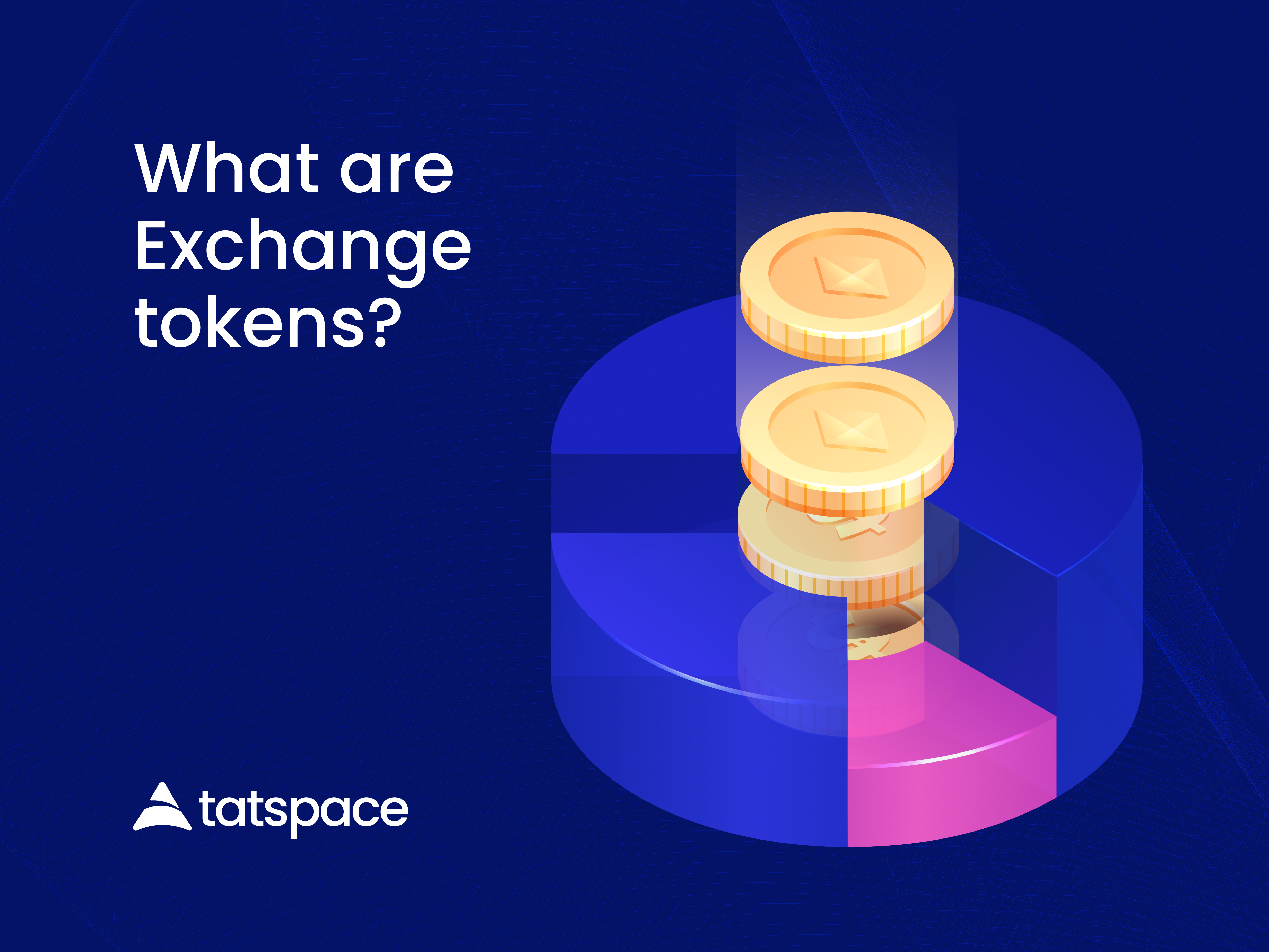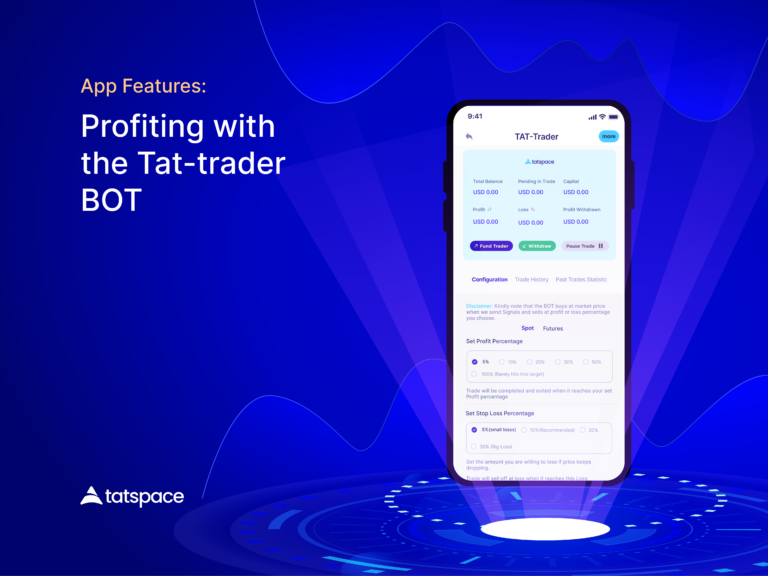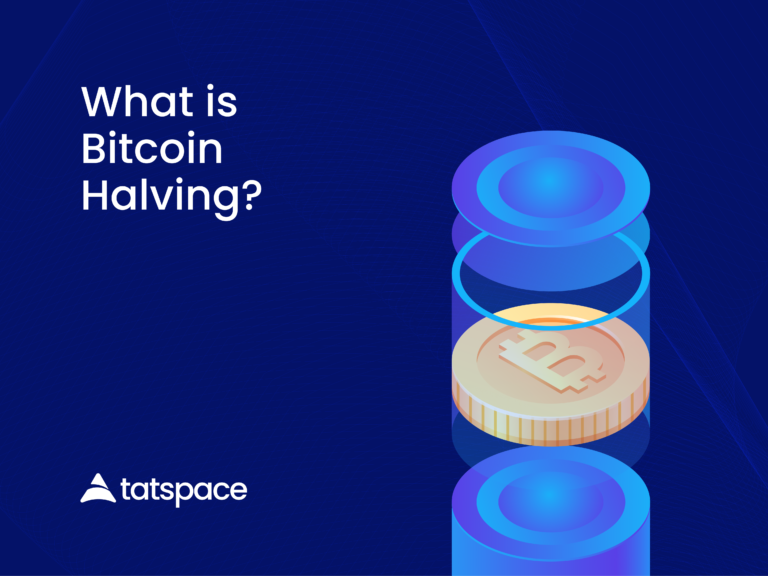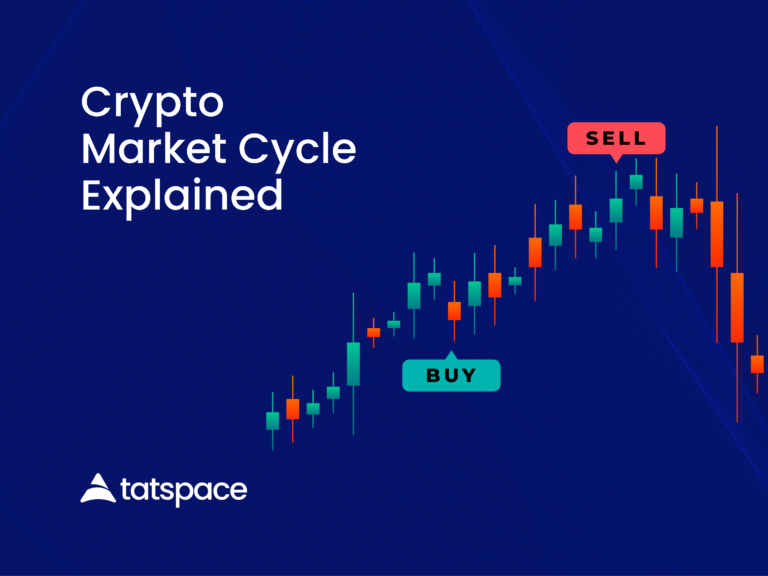An Exchange token is a native token of a cryptocurrency trading platform, which is known as an exchange. These platforms make the buying and selling of crypto assets easy and accessible.
Crypto exchanges also allow the transfer, deposit, and withdrawal of crypto assets. They allow users to trade from one crypto asset to another crypto asset, from fiat to crypto, and from NFTs to fiat or crypto. Furthermore, exchanges provide real-time price updates of any listed asset and allow the ease of buying and selling such assets at any given time.
What is an Exchange Token?
Simply put, it is a digital asset owned and issued by a crypto exchange. It has the same characteristics as every other cryptocurrency and is subject to price volatility. You either buy or get these tokens as an incentive for being an active user of the crypto exchange.
Some of the reasons exchanges launch their tokens include the following:
To increase and encourage crypto adoption across the globe.
It can be a means of fundraising to enhance the growth and development of the exchange’s products and services.
As a reward mechanism to incentivize investors, team members, and users.
It is also to increase the exchange liquidity for smooth trading activities and to make the governance process easy for the community members.
Let’s talk about the 3 different types of crypto exchange.
We have the decentralized exchange(DEX), the centralized exchange(CEX), and the hybrid exchange(HEX). All of these exchanges serve the main purpose of an exchange, which is to facilitate the buying and selling of crypto assets.
Centralized Exchange
CEX is an exchange that is similar to the stock trading platform, which is created and run by a company. The company is the central body that oversees all operational activities on the exchange, and it offers both crypto-to-crypto trading pairs and crypto-to-fiat pairs for trading.
Centralized exchanges require a KYC (know your customer) verification. Though for some users, KYC is against their privacy. It is also the safest and most easy means to onboard newbies into the crypto industry.
Example of centralized exchange includes Coinbase, Houbi, Robinhood, and Binance.
Decentralized Exchange
This is an exchange with no central authority. Therefore it requires no singular body to control its activities. DEX speaks of true decentralization because it acts as a marketplace where buyers and sellers transact directly with each other, without the help of a middleman.
Trading activities on DEX are automated and they execute through smart contracts, thereby allowing transactions from your noncustodial wallet.
Example of DEX includes Uniswap, DyDx, Pancakeswap, and Osmosis.
Hybrid Exchange
This type of exchange combines the advantages of using DEX and CEX into a single platform. The hybrid exchange focuses on achieving a platform that will give users the needed liquidity and ease of trading of a CEX, combined with the privacy and decentralization seen with DEX. Although this type of exchange is still a work in progress. There hasn’t been much heard from it lately.
Benefits of Holding an Exchange Token
Exchange tokens are of great importance not only to the exchange itself but to the users and investors of the token. Token holders and stakers get a portion of the exchange revenue, and this revenue is from token listing, trading fees, deposit, and withdrawal fees among others.
There is also a discount on the trading fee for holders using the same exchange. This discount extends to the transfer, deposit, and withdrawal of crypto assets on that exchange. Including using the services the exchange provides.
It’s a good type of investment because it gives the users a means of generating cash flow. It can be earnings from an invite referral bonus, staking rewards, and/or via airdrops. Again, as long as an exchange keeps providing quality services to its users, its tokens keep increasing in price. This brings a good return on investment in terms of capital gain.
When it comes to true decentralization, holders of a certain amount of an exchange token have the right to governance. This is through the voting process carried out before a change is made in the operations of that exchange. Also, holders get special customer service when needed, access to IEO, and an affiliation partnership.
The benefits of holding exchange tokens are endless. As the crypto industry keeps growing and getting more adoption, more use cases will keep coming up.
Conclusion
Exchange tokens are some of the best crypto investments in recent years. We can see this with BNB, FTT, CRO, MEXC, and others. The more crypto adoption across the globe, the more users get into the industry and the more people want to trade. This gives room for the growth of crypto exchanges.
The best way of getting these tokens is simply by purchasing them directly on the exchange or having someone transfer them to you. Remember, this is never a bit of financial advice. It is only for educational purposes, always do your own research.







